As part of a new series on this blog we will be profiling executives that are working to help entrepreneurs and business owners expand into new markets.
 We spoke with David Elefant a while back about doing business in the Philippines, today is Mike O’Hagan who conducts tours of Philippine BPOs to Australians who are interested in setting up their operations in the Philippines.
We spoke with David Elefant a while back about doing business in the Philippines, today is Mike O’Hagan who conducts tours of Philippine BPOs to Australians who are interested in setting up their operations in the Philippines.
1. Can you tell me more about your business (tours)?
Every 2-3 weeks, I bring 6 Western business owners to the Philippines where I teach and show them “how to offshore”, all the alternatives with the do’s and don’ts. They range from pre-start-ups, micro, small, medium, large and even listed companies.
There are seven different offshoring solutions – I teach all seven. We cover back office process, specialised services and manufacturing.
I also give them a massive dose of entrepreneurship.
The business is called MikesManilaTours and was started 3 years ago. I started after I made many mistakes when establishing a couple of offshored teams here and after observing many others making the same mistakes.
 My role is to educate – as opposed to showing them their prefect solution. That is why unlike other offshoring tours where commissions are involved, my tours are unbiased and are designed to equip business owners with enough information about the good and bad sides of offshoring in order for them to make a wise decision for their business.
My role is to educate – as opposed to showing them their prefect solution. That is why unlike other offshoring tours where commissions are involved, my tours are unbiased and are designed to equip business owners with enough information about the good and bad sides of offshoring in order for them to make a wise decision for their business.
2. Why do you like the Philippines so much?
Offshoring is a worldwide trend. The mantra is make it in the east, sell it in the west. I’ve been involved in Vietnam, India, Pakistan, Russia and Ireland. They have their points but none match the Philippines for friendly, helpful well educated people. The Philippines government is backing the industry and making in easy to operate. The country is stable and easy to access.
3. Why is the Philippines a good market for Australian companies to outsource to?
Worldwide, the Philippines stands out due to over 100 years of education in English with Christian core values combined with 3rd world wages and massive numbers of workers. When aligned with the internet/cloud computing and allowed any sized western business to access these educated workers, the Philippines is a unique and very attractive opportunity.
The same time zone as Western Australia means we generally employ between 6am and 3pm when the biggest player, USA, who employ 75% of the 1 million plus workers engaged in offshoring, employ from 10pm until 4am. This means that Australian businesses don’t need to deal with night differential wage adjustments for their off shored workers.
The workplace culture of Australians also suit the Filipino work ethics.
4. What is the biggest benefit to the Philippines?
It’s the new export. Money coming into the economy, directly into the households – whilst only giving their time and education in return. For years, the Philippines has been struggling with the supply of jobs. Australian businesses offshoring to the Philippines help the country elevate the unemployment problem by providing job opportunities for Filipinos.
I also feel there’s something in – how can we alleviate poverty? Employ them!
5. What is the biggest challenge for Australian companies setting up in the Philippines?
Misinformation. A lot of Australian companies set up in the Philippines without fully understanding what they’re getting themselves into. They fail to understand the different ways they can engage services / solutions, fail to comprehend the education levels and skill gaps in Filipino manpower, and they fail to allot time to understand the culture differences.
MikesManilaTours is structured to overcome these issues.
6. What resources do you consume (and suggest people consume) for learning about HR in the Philippines? (newsletters, blogs? magazines?)
I learn from other business owners. I do this in closed confidential type groups where we share all. My favorite is EO – Entrepreneurs Organisation. I’m very careful with blogs. I place more trust in the personal trustee Filipino staff than most of what’s written online.
7. What area of the Philippines do you suggest people setup their BPO in and why? (Fort, Makati, Pasig, etc)
Manila is typical of capital cities (worldwide) in a way that it attracts the smarter graduates who come for the better opportunities with higher wages. They then discover transport and higher costs dilute the dream. Today, large Aussie businesses are also poaching staff in NCR.
If you need people with high level skills – then Manila is the best choice for you. If your needs are common skills then the provinces are far better. Lower wages, more loyalty with the staff.
8. How many tours do you do a year?
I have 6 other businesses in 4 countries so I run the tours when I’m available. Numbers may be a better way to measure this – to date we have brought over 320 people up. Many have multiple business interests – no idea how many. We estimate we have created about 5000 jobs.
9. How many of your attendees actually end up setting up in the Philippines?
My numbers are a little warped by “Accountants”. Of the 320 about 100 were accountants who notoriously are not very entrepreneurial. About 25% of the accountants do something in the Philippines. Of the remaining 220 people, about 83% take action after the tour. Usually they move some of their processes, then discover they can create more value by developing and adding new processes to their business – some engage specialised services – a few create entirely new businesses from the opportunities that they have realised when they went on tour.
10. What is the most important thing to keep in mind when deciding to do business in the Philippines?
Trust. You must know who to trust. There are many “advisors” who are biased with their advice due to commissions and directed agencies. Every week, I’m finding Aussies in trouble because they received the wrong advice – they didn’t fully understand all the alternatives.
11. any other thoughts? tips? feedback?
Learn before you do. Nothing beats coming to the Philippines and seeing for yourself how it all works – where the big gains can be made.
Continue reading →

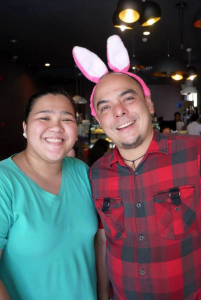 One-on-One with Manila’s Main Man
One-on-One with Manila’s Main Man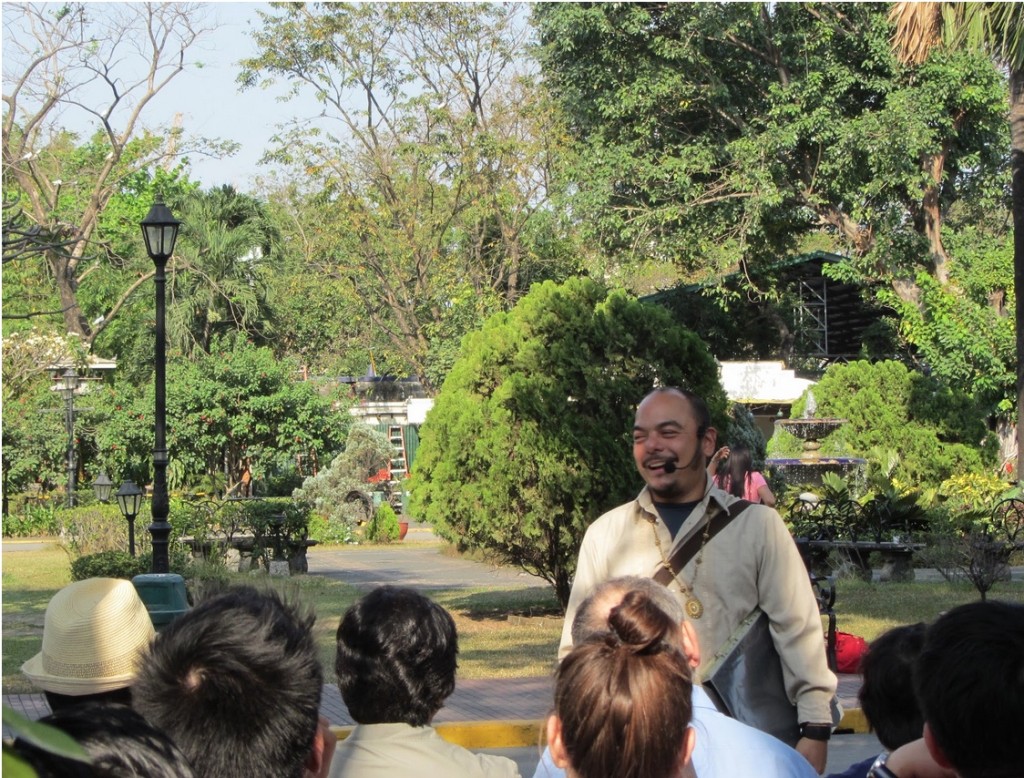
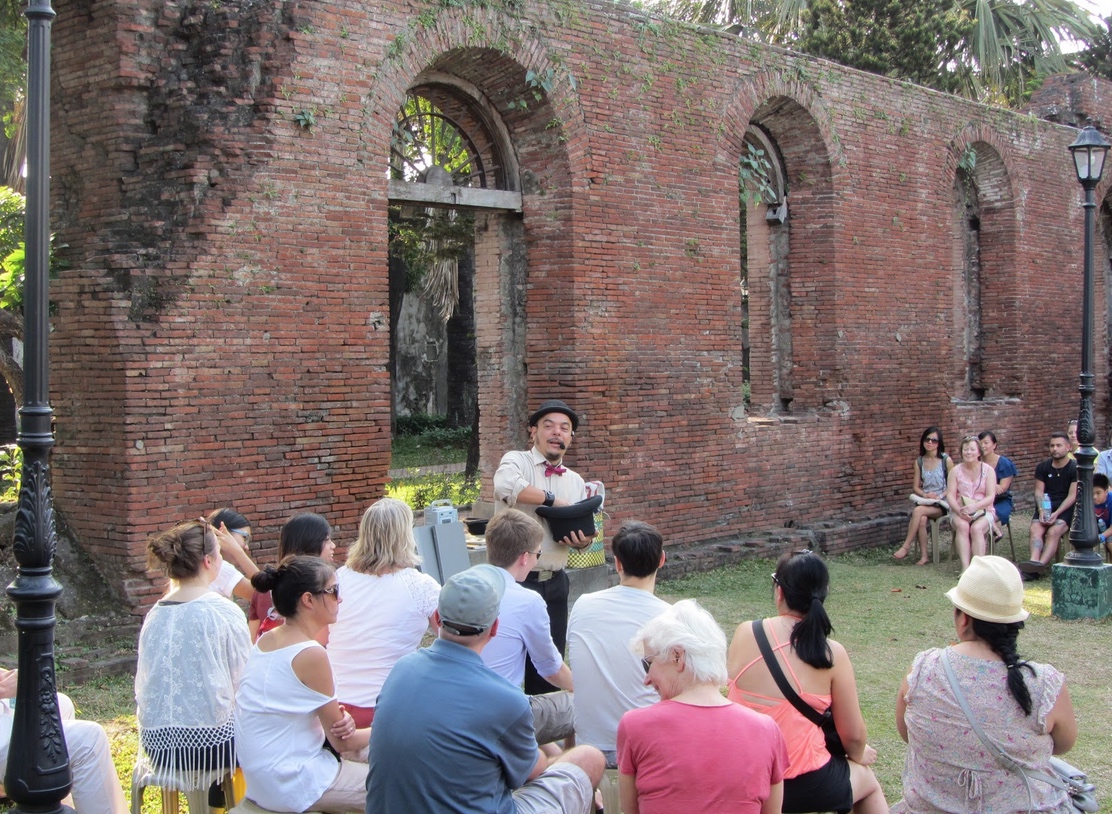
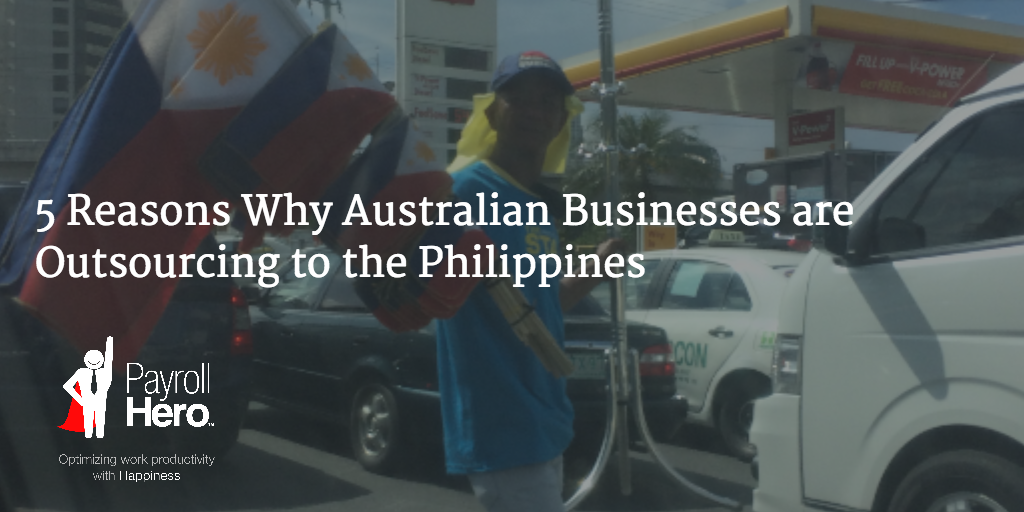 Over the last 10 years, business process outsourcing (BPO) centres have cropped up all over Asia. Two countries have emerged as leaders in the BPO sector: India and the Philippines. While Bangalore city in India ranked first in 2014 for
Over the last 10 years, business process outsourcing (BPO) centres have cropped up all over Asia. Two countries have emerged as leaders in the BPO sector: India and the Philippines. While Bangalore city in India ranked first in 2014 for
 In Singapore, Russell operates Kaiseki Yoshiyuki, Horse’s Mouth Bar and Uma Uma! Original Hakata Ramen. They are very popular spots on Orchard Road. Russell is in the process of bringing Uma Uma! Original Hakata Ramen to the Philippines with the first location opening in November 2015 at the SM Mall of Asia.
In Singapore, Russell operates Kaiseki Yoshiyuki, Horse’s Mouth Bar and Uma Uma! Original Hakata Ramen. They are very popular spots on Orchard Road. Russell is in the process of bringing Uma Uma! Original Hakata Ramen to the Philippines with the first location opening in November 2015 at the SM Mall of Asia.
 Canada’s Financial Post is
Canada’s Financial Post is  Last week we spoke with
Last week we spoke with 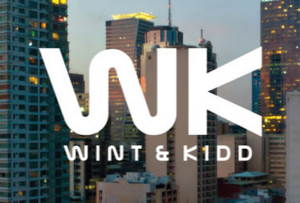 2. Tell us about Wint and Kidd?
2. Tell us about Wint and Kidd?  13. What were you doing before PayrollHero (for your hr tools) and how is it now with PayrollHero?
13. What were you doing before PayrollHero (for your hr tools) and how is it now with PayrollHero?  We spoke with David Elefant a while back about
We spoke with David Elefant a while back about